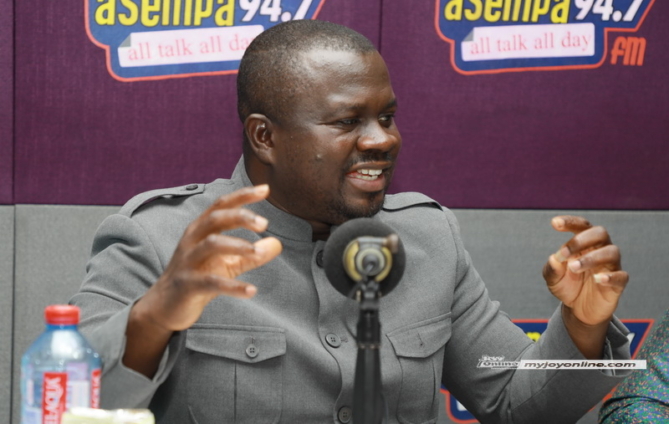The President of the Ghana Journalists Association (GJA), Albert Kwabena Dwumfour, has called for intensified pressure on governments across the world to make them more committed to the protection and safety of journalists.
He expressed concern about the high rate of attacks on journalists worldwide, including killings, and noted that it is important to get governments to be more committed to curbing the impunity by ensuring the arrest and prosecution of perpetrators of such crimes.
Mr Dwumfour made the call in a panel discussion at a two-day meeting in Addis Ababa, Ethiopia, to commemorate this year’s International Day to End Impunity for Crimes against Journalists.
The panel discussion was under the joint auspices of the Federation of African Journalists(FAJ) and the International Federation of Journalists (IFJ) on the topic: ‘Ensuring the safety and protection of journalists by addressing impunity: A responsibility for the world’.
The commemoration of this year’s International Day to End Impunity for Crimes against Journalists was jointly organised by UNESCO and the African Union (AU) on the theme: ‘Safety of journalists in crises and emergencies’.
The GJA President was accompanied by the General Secretary, Kofi Yeboah, to attend the commemorative event whose highlights included the launch of the Virtual Scroll, a screen projection of the casualty profile of 1653 journalists killed worldwide between 1993 and 2023.
The victims include Ghanaian investigative journalist Ahmed Suale, who was killed in 2019 but whose killers have not been found, six years after his death.
Describing the global casualty figure as very alarming, Mr Dwumfour said there was the need to take decisive measures to end the killings.
“At the international level, Mr Dwumfour further indicated, “We need to push for the adoption of severe sanctions against states or governments that perpetrate harm against journalists.
“Leaders of such states or governments must be held personally liable for such crimes against journalists,” he said.
Mr Dwumfour said as a preventive measure, there was the need to intensify public education about the critical role of the media and journalists in the development paradigm and the need to avoid harming them.
“This will encourage the public to ensure the protection and safety of journalists,” he added.
Latest Stories
-
From classrooms to conservation: 280 students embrace sustainability at Joy FM/Safari Valley’s Second Eco Tour
20 mins -
Jordan Ayew’s late goal not enough as Leicester lose at home to Chelsea
28 mins -
Global Crimea Conference 2024: Participants reject Russian claims to Soviet legacy
32 mins -
Jospong Group, Uasin Gishu County sign MoU to boost sanitation services in Kenya
39 mins -
Thomas Partey stunner helps Arsenal overcome Nottingham Forest
51 mins -
Over half of cyber attacks in Ghana, rest of Africa target government and finance, says Positive Technologies
54 mins -
Academic City unveils plastic recycling machine to address plastic pollution
1 hour -
German-based Kanzlsperger makes medical donation to WAFA
3 hours -
It could take over 100 years for Ghana and other African countries to become ‘developed’ – Report
3 hours -
AEC 2024 renews momentum to lift Africa out of poverty despite global shocks
3 hours -
Can RFK Jr make America’s diet healthy again?
3 hours -
Maiden Women in Chemical Sciences conference opens with a call for empowerment
5 hours -
We’ll reclaim all Groupe Nduom stolen assets – Nduom declares
6 hours -
Center for Learning and Childhood Development Director Dr Kwame Sakyi honoured at Ghana Philanthropy Awards
14 hours -
Asantehene receives 28 looted artefacts
15 hours

